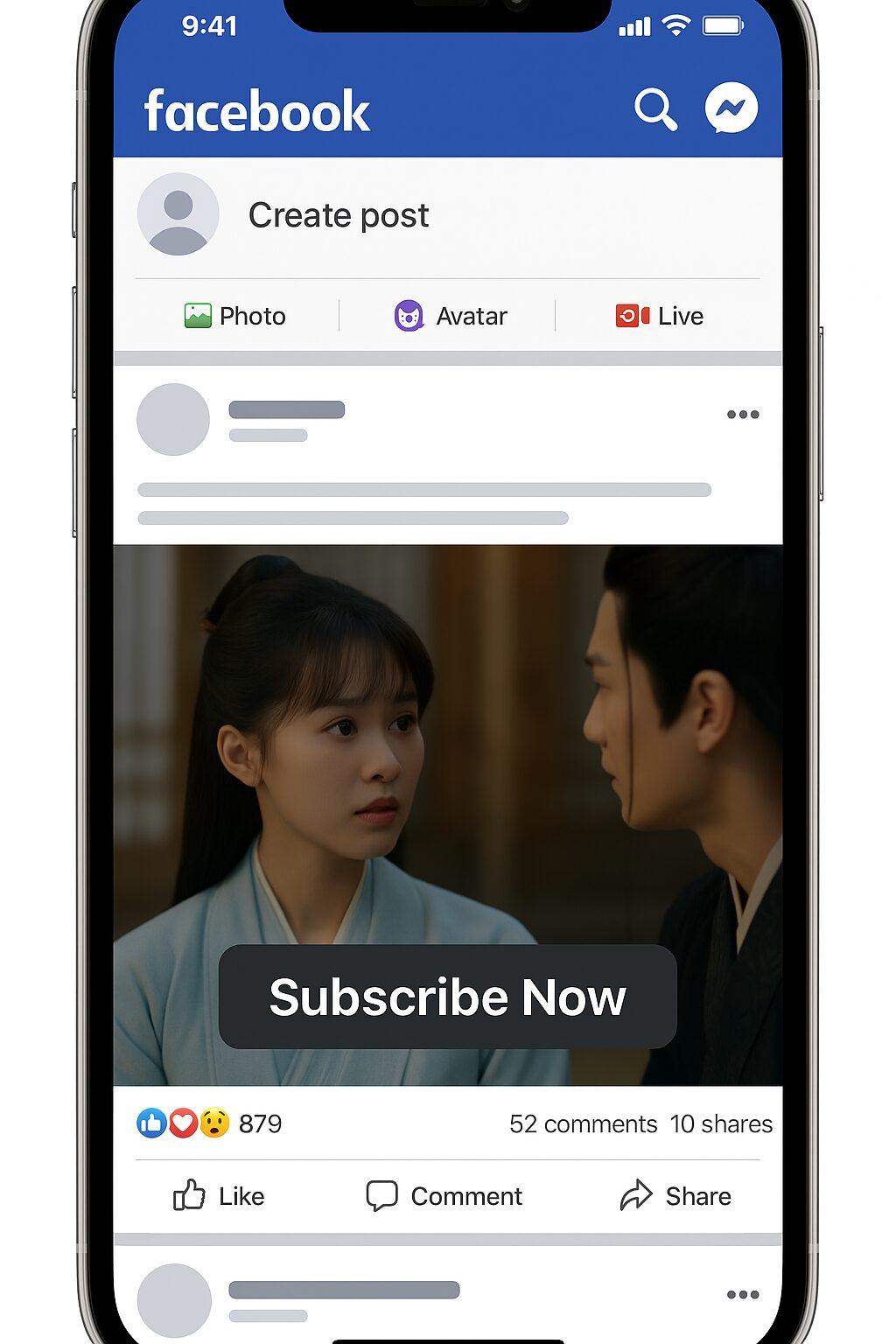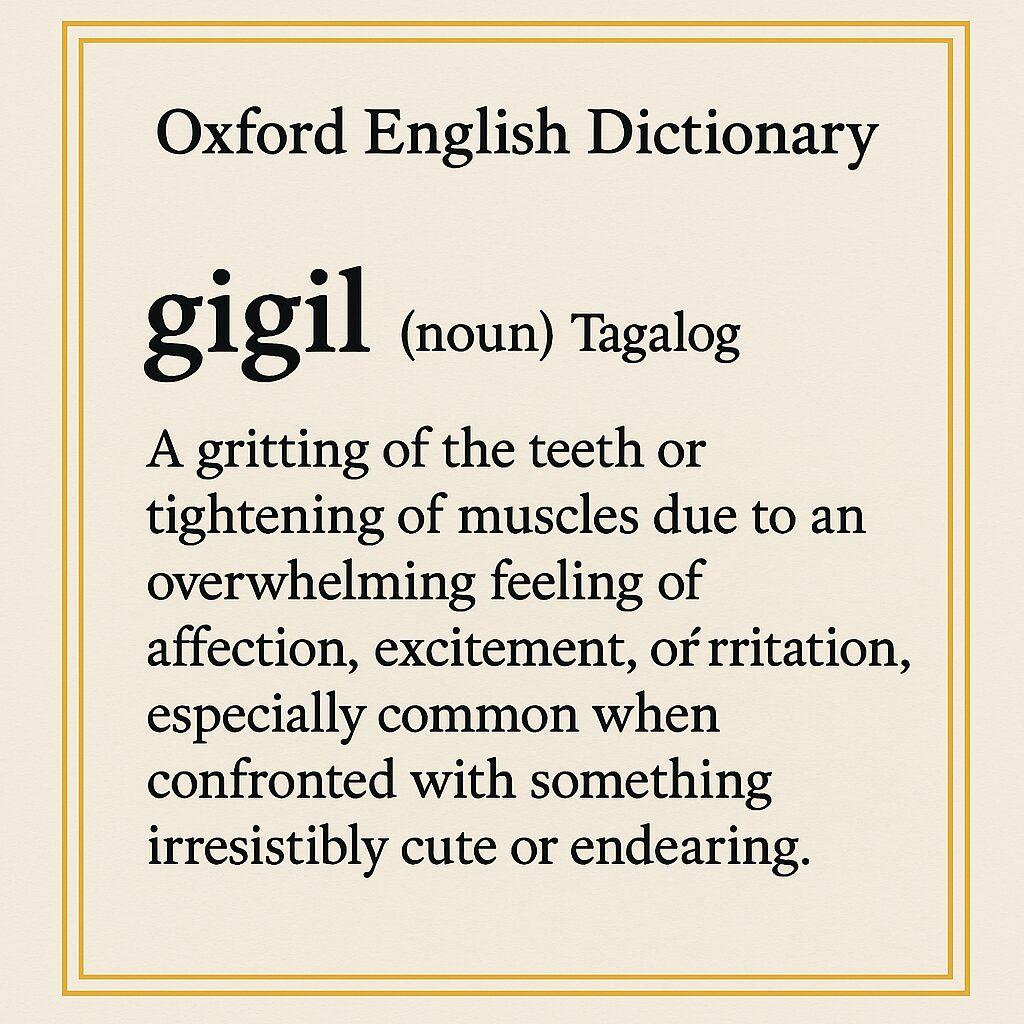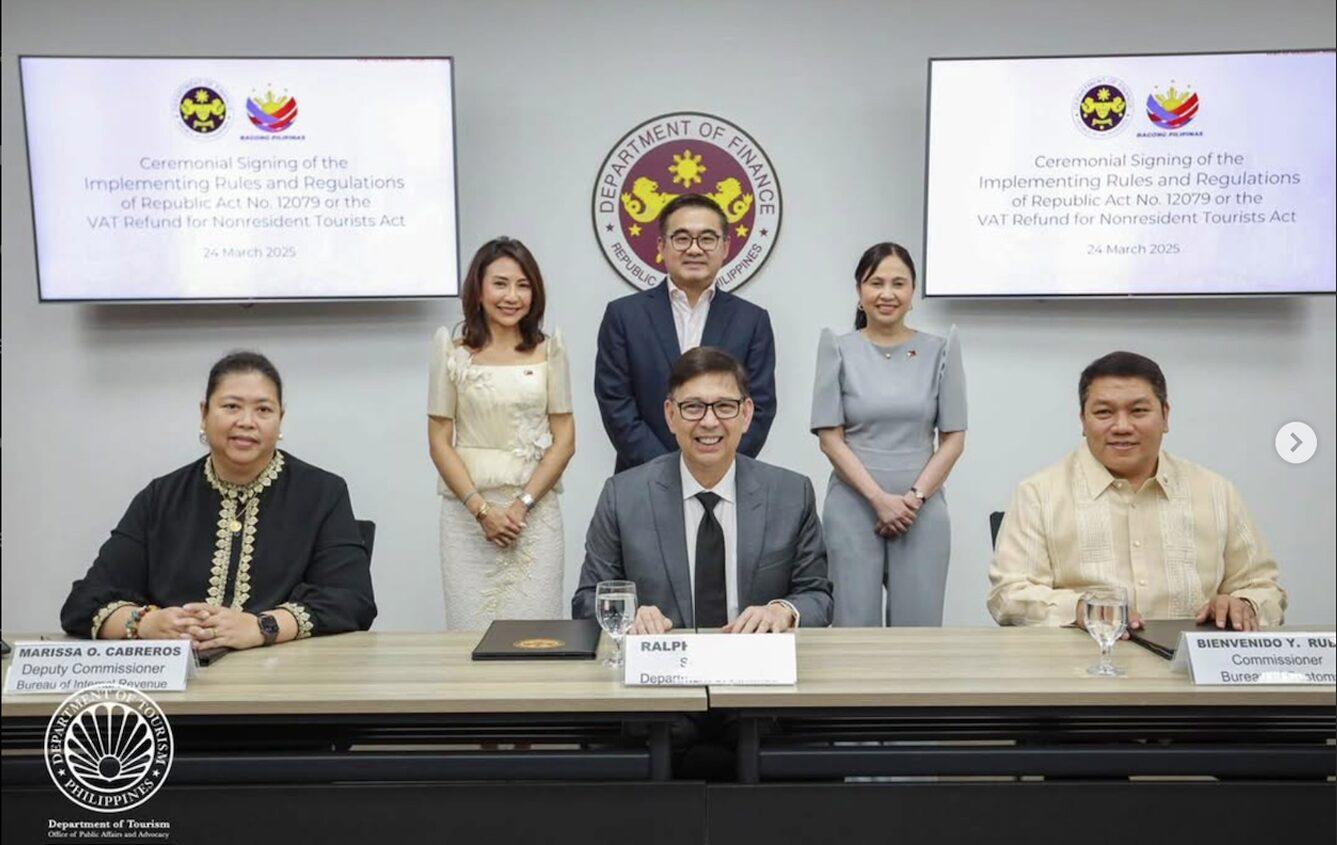“ The garment that we need to wear when God invites us to his “wedding banquet” is hope. We can be religious and righteous, but if we don’t have hope for ourselves and others, our faith becomes shallow.”
This Sunday’s Scripture readings provide us a clear vision of the richness and the promise of the Kingdom of God. In the Book of Isaiah (25:6-10), it is a feast of “rich food and choice wines, juicy, rich food and pure, choice wines” where God will “destroy the veil that veils all peoples, the web that is woven over all nations” and where “he will destroy death forever” and “wipe away the tears of every face.”
How consoling and appropriate are these words in these troubled times of hurricane, earthquake, fires, and another massacre, this time in Las Vegas. In the midst of pain and confusion from these experiences of destruction and death, our temptation is to get depressed, fearful, and discouraged — to lose sight of God’s promise and vision for the world and all his people. Our temptation is to stop working together to achieve a vision of peace and well-being for all nations and citizens of the earth.
I tell people that the enemy of God wants us to despair, to destroy our peace, and to bring division among us. If we listen to his dark voice, we will perish, but if we listen to God in the Person of Jesus Christ, who embodies His kingdom, we will remain hopeful.
Our Responsorial Psalm in this Sunday’s Mass expresses this hope in God: “The Lord is my shepherd; I shall not want. In verdant pastures he gives me repose; beside restful waters he leads me; he refreshes my soul. He guides me in right paths for his name’s sake. Even though I walk in the dark valley I fear no evil; for you are at my side with your rod and your staff that give me courage.” St. Paul also communicates this hope in his famous words, “I can do all things in him who strengthens me.”
The garment that we need to wear when God invites us to his “wedding banquet” is hope. We can be religious and righteous, but if we don’t have hope for ourselves and others, our faith becomes shallow. Hence, we need a positive attitude in the church and the world. We need leaders who can transmit optimism and encouragement, especially for people who suffer.
Unfortunately, there are leaders today who put down people with their harsh and hateful words instead of encouraging and inspiring them to become better. They and their allies use social media as the pulpit for destructive and divisive languages. At a certain point, some people think that the use of abusive and profane words is the right thing to do to wake up people for reform of politics and government. But in the end, this culture of violence in words and the media does not work. There is nothing more hopeful than the age-old culture of genuine statesmanship, in which respect, kindness, and decency are the norms for dialogue.
Undoubtedly, we need to confront one another with things that are not right—we must not be afraid to deal with conflicts—but we must persevere in the hope that we can resolve issues based on justice, mutual respect, and the protection of the dignity of the human person.
The Lord continually invites us to this banquet of hope. May we respond to this invitation instead of living in self-pity, despair, cynicism, and anger! May we keep gazing at the beauty and promise of God’s Kingdom in Jesus Christ, our Lord and Savior. Amen.
* * *
From a Filipino immigrant family, Reverend Rodel G. Balagtas was ordained to the priesthood from St. John’s Seminary in 1991. He served as Associate Pastor at St. Augustine, Culver City (1991-1993); St. Martha, Valinda (1993-1999); and St. Joseph the Worker, Canoga Park (1991-2001). In 2001, he served as Administrator Pro Tem of St. John Neumann in Santa Maria, CA, until his appointment as pastor of Immaculate Heart of Mary, Los Angeles, in 2002, which lasted 12 years. His term as Associate Director of Pastoral Field Education at St. John’s Seminary began in July 2014.





